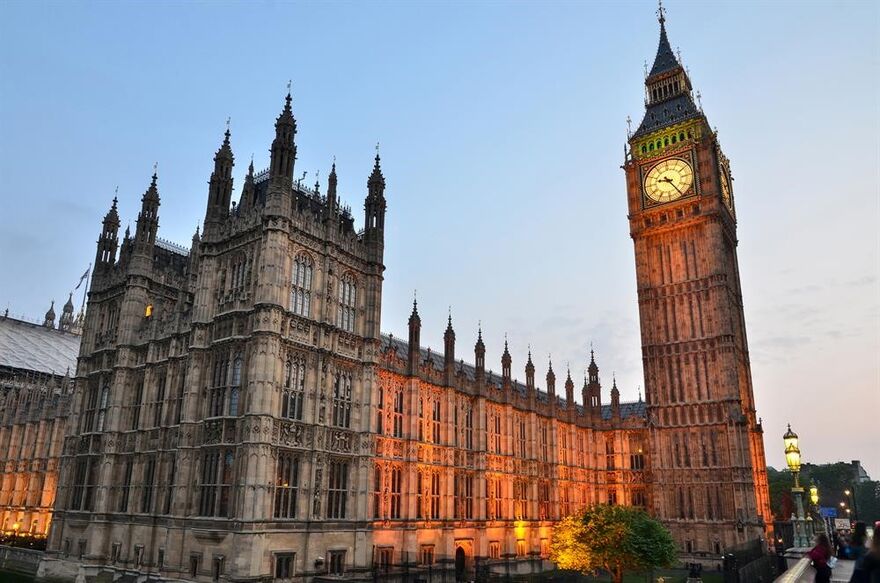The Chancellor announced the Job Retention Bonus (“JRB”) as part of his ‘Plan for Jobs’ in July 2020. The JRB is a one-off taxable payment of £1,000 to employers, for each eligible employee who was claimed for under the Coronavirus Job Retention Scheme (“CJRS”) and who remains continuously employed through to 31 January 2021, subject to conditions.
A recently published Treasury Direction has clarified that for an employee to qualify for the JRB:
- A CJRS claim must have been made in respect of an employee;
- The employee must have remained employed following the end of the CJRS (31 October 2020) to 31 January 2021;
- The employee is not on notice of termination on 31 January 2021, the guidance clarifies this cannot be contractual or statutory notice, including retirement notice;
- The employee must receive at least one payment (of any taxable earnings) in each of the relevant tax months during the “relevant 3 month period” between 6 November 2020 and 5 February 2021;
- The total value of the payments during the 3 month period must be at least £1,560, only taxable pay counts towards this amount. In order to reach the threshold, this equates to an employee being paid an average of £520pcm; and
- The “relevant 3 month period” is broken down into the following three tax months: 6 November – 5 December 2020; 6 December 2020 – 5 January 2021; and 6 January – 5 February 2021.
The JRB is for all employees who meet the above criteria, including office holders, company directors and agency workers, including those employed by umbrella companies. The Government have produced six examples to illustrate how the JRB works in practice.
The Chancellor stated in his Winter Economy Plan, that the JRB will be payable for those employees’ who are on the new Job Support Scheme, our article on this scheme can be read here.
Further detail for employers is available from the JRB guidance and Treasury Direction and includes:
- The claim period for the JRB begins on 15 February and ends of 31 March 2021, no further claims can be made after this date;
- The £1,000 does not need to paid to the employee;
- Employers have to provide required information to HMRC under PAYE Regulations 2003, covering the period 6 April 2020 – 5 February 2021;
- Employers must have complied with their PAYE obligations accurately and on time under the Real Time Information (RTI) reporting system for all employees;
- Employers cannot claim the JRB for any employees they have repaid CJRS grants for;
- Transferring employee’s under TUPE are eligible for the JRB, as long as they were transferred before the 31 October 2020;
- Employers have until the 30 November 2020, to make any further CJRS claims;
- Employers must maintain enrolment for PAYE online; and
- JRB payments are to be treated as income and are taxable profits for Income Tax and Corporation Tax purposes.
Jonathan Mumby comments:
“The treasury direction and guidance helpfully clarify the circumstances in which employers can claim for the Coronavirus Job Retention Bonus, something which will be of assistance to employers in these difficult financial times."
If you require any assistance or have any questions on the Job Retention Bonus and its impact on your business, please do not hesitate to get in touch with a member of the Howes Percival Employment Team.
The information on this site about legal matters is provided as a general guide only. Although we try to ensure that all of the information on this site is accurate and up to date, this cannot be guaranteed. The information on this site should not be relied upon or construed as constituting legal advice and Howes Percival LLP disclaims liability in relation to its use. You should seek appropriate legal advice before taking or refraining from taking any action.

